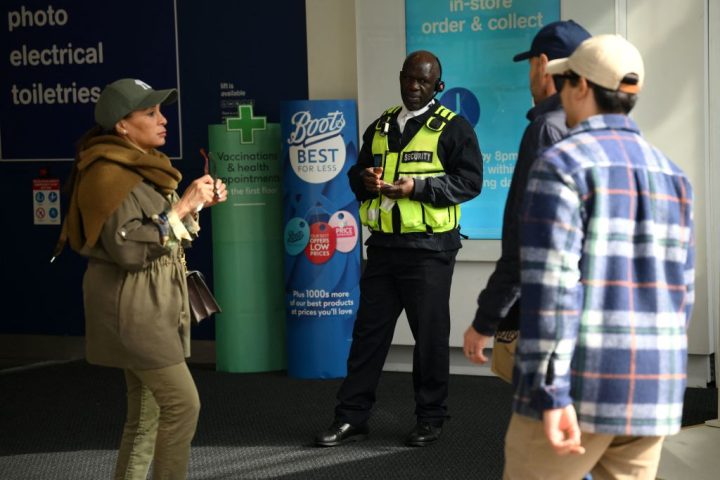Britain is experiencing a shoplifting explosion. The Association of Convenience Stores has found that its membership of small shopkeepers endured 5.6 million thefts in 2023, shooting up from 1.1 million in 2022.
I was involved in one of the many millions of incidents set to be recorded for 2024, intervening last night after I spotted a brazen theft when I popped to the shops to pick up some milk.
Already a subscriber? Log in
Subscribe for just $2 a week
Try a month of The Spectator Australia absolutely free and without commitment. Not only that but – if you choose to continue – you’ll pay just $2 a week for your first year.
- Unlimited access to spectator.com.au and app
- The weekly edition on the Spectator Australia app
- Spectator podcasts and newsletters
- Full access to spectator.co.uk
Or



















Comments
Don't miss out
Join the conversation with other Spectator Australia readers. Subscribe to leave a comment.
SUBSCRIBEAlready a subscriber? Log in